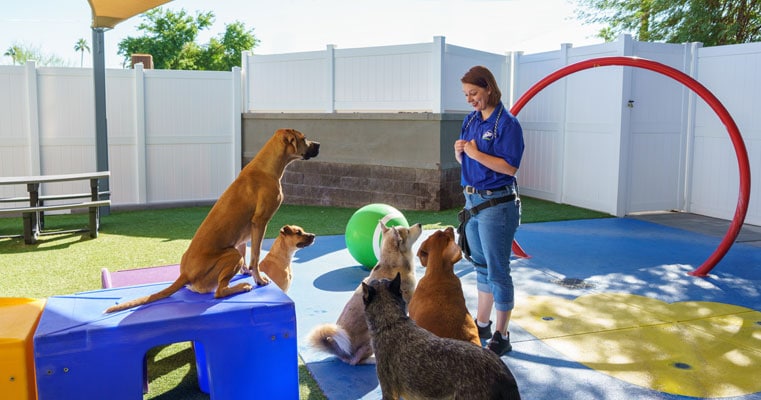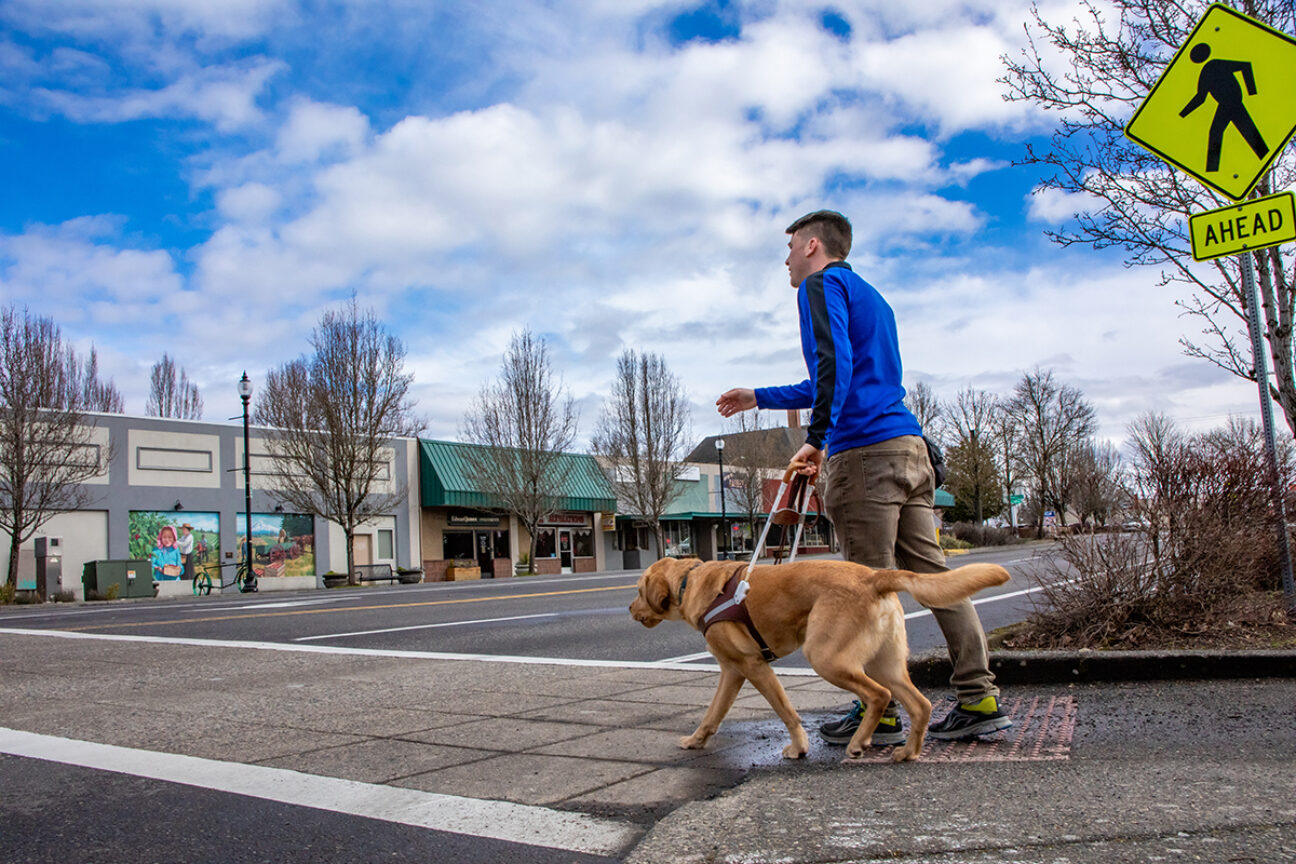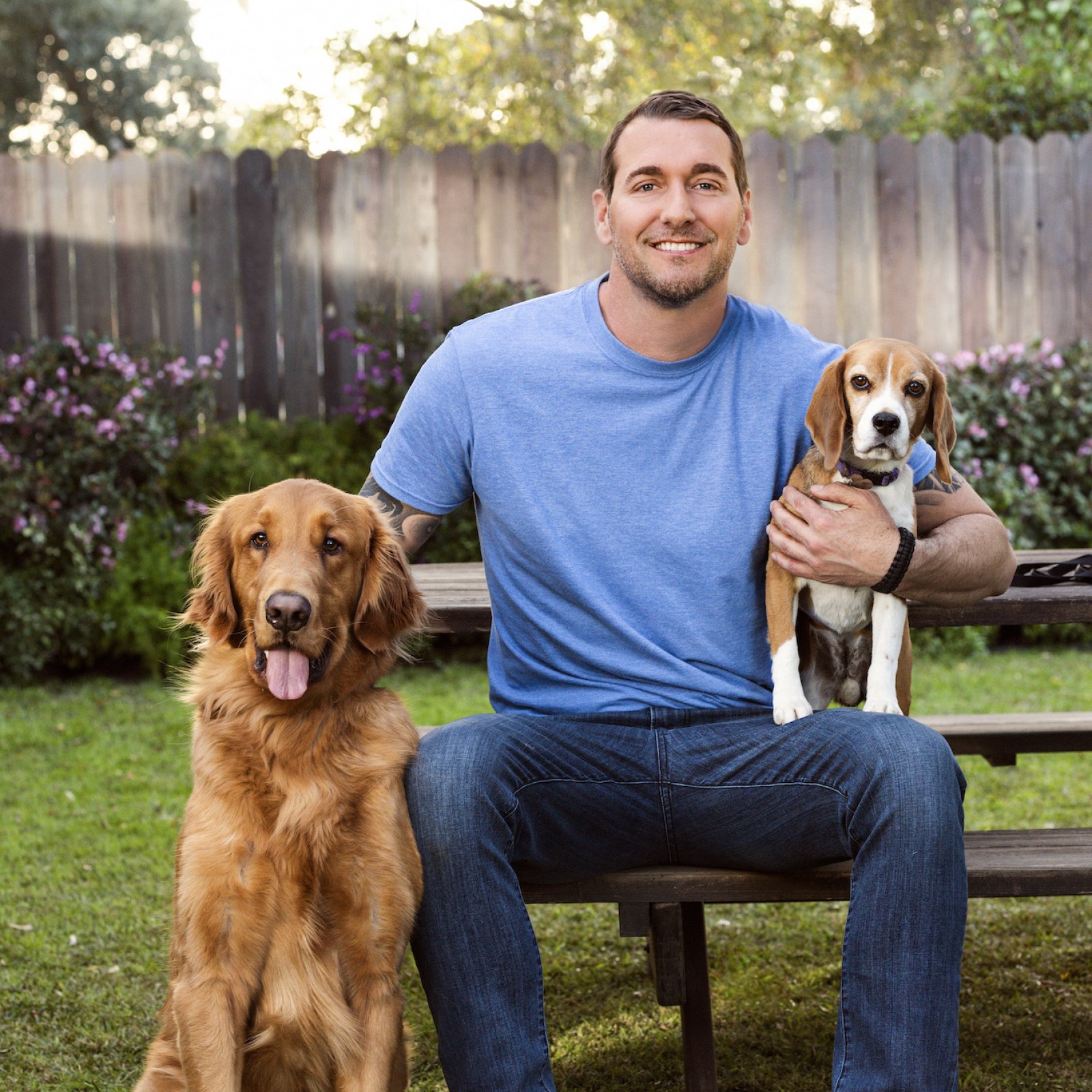Unlock Your Canine's Possible: Proven Pet Training Techniques for Success
Reliable pet training is a nuanced process that depends upon comprehending canine habits and employing scientifically backed strategies. dog training near me. By including positive support, developing clear commands, and focusing on socializing, canine proprietors can grow an efficient partnership with their family pets. Difficulties often occur that need customized solutions and an individual technique. Checking out these proven approaches exposes not only the possibility for behavior renovation yet also the deeper bond that can be created in between proprietor and pet dog. What essential methods must be thought about to truly open your dog's possibility?
Comprehending Pet Habits
Recognizing canine actions is crucial for efficient training and fostering a favorable connection between dogs and their proprietors. A thorough grasp of canine body movement, articulations, and social interactions is critical for recognizing their emotions and requirements. Canines interact mainly via non-verbal cues; as an example, a wagging tail might show excitement, while pinned ears can indicate concern or submission.

Furthermore, environmental variables play a substantial function fit a dog's actions. Adjustments in regular, new environments, or the visibility of unknown individuals can lead to stress or anxiety in dogs. Identifying these triggers allows owners to reduce adverse responses and establish proper training approaches.
Ultimately, a deep understanding of dog behavior lays the structure for successful training methods, boosting both habits and the overall bond between the pet and its proprietor. Dog training. This expertise is important for fostering a well-adjusted, happy canine friend
Positive Reinforcement Strategies
Effective training counts greatly on favorable reinforcement methods, which have been shown to yield considerable lead to shaping wanted behaviors in pet dogs. This approach includes compensating a canine for showing specific habits, therefore enhancing the probability that these behaviors will be repeated. Incentives can take various types, consisting of deals with, praise, playthings, or play, depending on what inspires the specific dog.

It is vital to progressively eliminate rewards as the pet discovers the behavior, transitioning to periodic reinforcement. This approach preserves the behavior with time while stopping dependency on consistent rewards. By concentrating on favorable reinforcement, trainers can grow a trusting partnership with their canines, advertising a healthy and participating training environment that improves overall obedience and efficiency.
Developing Constant Commands
A basic element of successful canine training is the facility of constant commands. Consistency in commands is crucial for efficient communication in between the pet and the trainer. When commands are consistent, pets find out to associate details words with wanted behaviors, which accelerates the training process and boosts understanding.
To establish consistent commands, it is necessary that all relative make use of the same terminology and gestures. For instance, if someone utilizes "rest" while another states "rest down," it can develop complication for the canine. Select clear, distinctive words for commands and make sure everybody associated with the pet's training abides by these selections.
Reinforce commands via constant technique, making certain that the pet dog gets sufficient opportunities to respond correctly. When a pet successfully adheres to a command, prompt favorable reinforcement must comply with.
Finally, Learn More Here be client. Developing consistent commands takes time and effort. With dedication and quality, you will certainly aid your canine establish a solid understanding of assumptions, inevitably bring about a mannerly buddy.
Socializing and Direct Exposure
Mingling a canine is vital for promoting a certain and well-adjusted buddy. This process entails subjecting your canine to a variety of settings, people, and various other pets to create their social abilities and flexibility. Early socialization, ideally in between the ages of three to fourteen weeks, is important, as it lays the groundwork for a pet's future habits.
Throughout socialization, purpose read the full info here to offer positive experiences in various settings, such as parks, busy streets, and homes with various other family pets. Introduce your pet to different stimuli, including sounds, views, and smells, ensuring that each experience is gratifying. This direct exposure helps minimize concern and anxiety, leading the way for a more resistant canine.
Taking part in regulated team play sessions with other pets can also improve social skills, educating your animal ideal communications and boundaries. Constantly check your canine's convenience degree during these experiences, slowly raising direct exposure as their confidence expands. Bear in mind, the goal is to produce an all-round pet dog that flourishes in diverse scenarios, promoting a harmonious connection with both people and various other pets. Focusing on socializing will dramatically contribute to your canine's general happiness and actions throughout their life.
Overcoming Common Training Obstacles

Canines might battle to concentrate in unfamiliar or busy settings. Slowly desensitize your canine to diversions by beginning training in a silent setting and gradually presenting even more stimulations as they become efficient.
Additionally, behavior problems like leaping or extreme barking can end up being discouraging. Address these by showing different actions, such as resting comfortably when greeting guests. Consistency and patience are crucial; reinforce desired actions continually and prevent scolding, which can result in confusion.
Last but not wikipedia reference least, identify that each pet is special, and training timelines may vary. Tailor your approach to your pet's specific requirements, and seek professional guidance if essential. With willpower and the appropriate methods, getting rid of these difficulties can result in a well-trained, satisfied canine buddy.
Conclusion
In conclusion, unlocking a pet's prospective requires an extensive technique that integrates an understanding of canine habits, the application of positive reinforcement strategies, and the facility of constant commands. Early socialization and direct exposure to varied environments further boost a pet dog's versatility and confidence. By resolving typical training challenges with customized approaches and persistence, a unified and participating partnership in between dog and trainer can be promoted, ultimately causing a well-behaved friend efficient in growing in different situations.
Reliable pet dog training is a nuanced process that pivots on understanding canine habits and using clinically backed approaches.Understanding pet dog behavior is crucial for effective training and promoting a positive connection in between canines and their proprietors.Reliable training relies heavily on favorable support strategies, which have been shown to produce significant results in shaping preferred actions in dogs. When commands are uniform, canines find out to link specific words with preferred habits, which increases the training procedure and boosts understanding.
In verdict, opening a pet's potential demands a comprehensive approach that incorporates an understanding of canine actions, the application of positive reinforcement strategies, and the establishment of consistent commands.